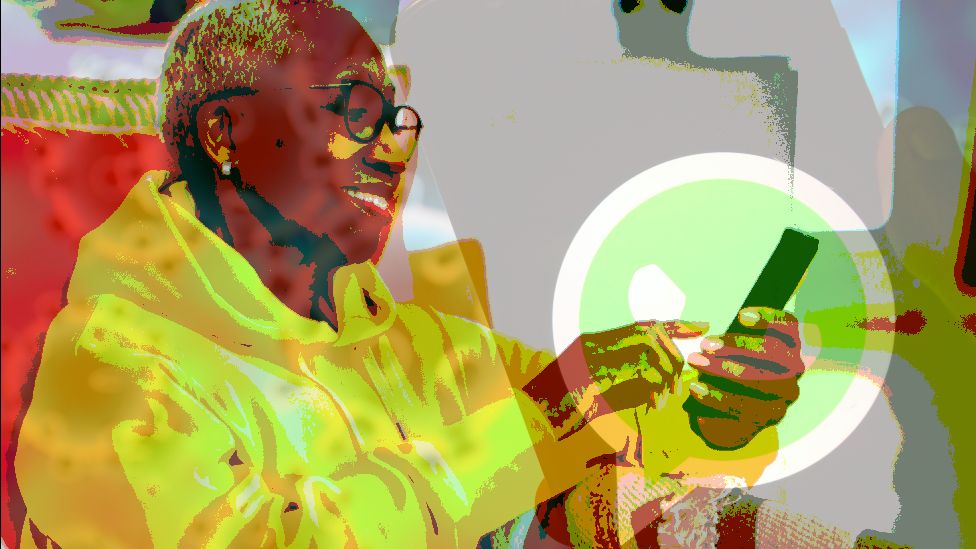Nigeria’s Competition Watchdog Digs In Amid WhatsApp Exit Threat

Nigeria’s Federal Competition and Consumer Protection Commission (FCCPC) is standing firm in its decision to impose a USD 220 M fine on WhatsApp, despite the messaging giant’s indications that it might have to withdraw its services from the country. The commission has dismissed WhatsApp’s claim as a strategic manoeuvre to evade accountability for alleged data privacy violations.
The dispute erupted after the FCCPC accused WhatsApp and its parent Meta of infringing on the Federal Competition and Consumer Protection Act (FCCPA) and the Nigeria Data Protection Regulation (NDPR). The commission alleges that the platform denied Nigerians control over their personal data, shared user information without authorisation, discriminated against Nigerian users, and abused its dominant market position.
In response to the allegations and the subsequent fine, WhatsApp issued a statement suggesting it might be forced to cease operations in Nigeria due to the “impossible” conditions imposed by the FCCPC, as reported by TechCabal. The company argued that the order contained “multiple inaccuracies” and misrepresented how WhatsApp operates.
However, the FCCPC has remained resolute. “WhatsApp’s claim that it may be forced to exit Nigeria due to FCCPC’s recent order appears to be a strategic move aimed at influencing public opinion and potentially pressuring the FCCPC to reconsider its decision,” the commission said in a statement, adding that the hefty fine aims to deter future violations and ensure accountability.
Its statement further reads, “The FCCPC’s actions are based on legitimate concerns about consumer protection and data privacy and the order is a positive step towards a fairer digital market in Nigeria. Similar measures are taken in other jurisdictions without forcing companies to leave the market. The case of Nigeria will not be different.”
Babatunde Irukera, the immediate past Executive Vice Chairman/Chief Executive Officer of the FCCPC who oversaw the investigation, has been particularly vocal in his criticism of WhatsApp and its parent. “This is pure rhetoric,” he posted on X. “That a company disregards the nation enough to threaten departure or be allowed to do its business the way it pleases in violation of law reflects poor governance and compliance culture by the company and its people.”
Irukera further emphasised that the social media giant is facing similar regulatory challenges in other jurisdictions, suggesting a pattern of non-compliance. “Same company just settled a Texas case for USD 1.4 B, is currently facing regulatory action in at least a dozen nations, appealing large penalties in several countries,” he asserted.
With more than 90 million WhatsApp users – a full 45% of the national population – Nigeria has one of the world’s largest WhatsApp market penetrations of people 16 years and older, and other Meta platforms, such as Facebook and Instagram, also count several millions of Nigerian users.
These platforms play vital roles as a mainstay in connections, commerce, and communication and an unresolvable fallout would constitute blows of varying degrees. Meta has made previous indications to appeal the fine and a period of legal wrangling seems on the cards.
The dispute has ignited a public debate on the balance between protecting consumer rights and fostering a conducive business environment. While some argue that the FCCPC is overreaching, others contend that it is essential to hold tech giants accountable for their actions.
The outcome of this case could have significant implications for the digital landscape in Nigeria and could set a precedent for how regulators deal with tech companies operating in the country. As the legal battle unfolds, it remains to be seen whether WhatsApp will follow through on its threat to leave, or if it will eventually comply with the FCCPC’s demands, or if the regulator could itself consider some leniency.
Featured Image Credits: Getty Images